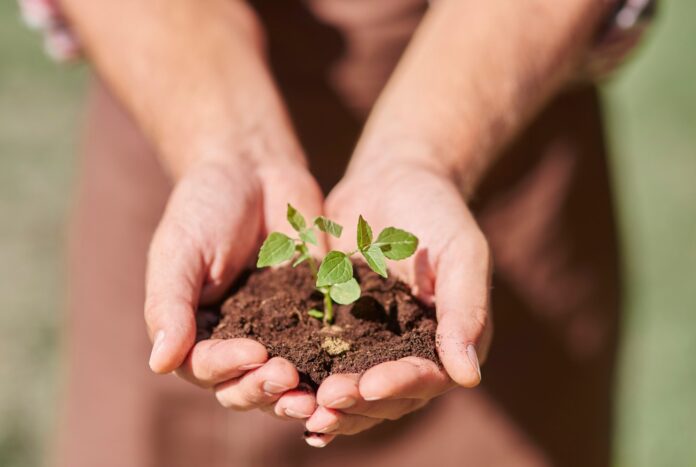Exercise, stimulation, and relaxation may all be found in gardens, whether you are a visitor, a home gardener, or both.
The majority of individuals like being outside, working with dirt, and making and observing plants grow. Time spent in the garden caring to plants and cultivating food can be very fulfilling for older adults, people with impairments, and people who are ill.
Some advantages of gardening work are:
- Joy – from physical activity, movement and fresh air
- Fresh food – a garden can give you with a healthy variety of inexpensive fresh food that you’ve grown yourself
- Exercise – boosts your mental health, endurance, strength, mobility and flexibility
- Relaxation – helps you relax and reduces stress levels by directing your thoughts towards something constructive and meaningful
Gardening is great for health and fitness.
The majority of people can gain from gardening since it is a fun way to stay active, maintain flexibility and mobility, and promote the use of all motor skills through activities like digging, walking, reaching, and bending as well as planting seeds and taking cuttings.
Gardening lowers stress levels, increases strength and endurance, and encourages relaxation. Additionally, it can stimulate and pique interest in the great outdoors. A feeling of well-being might arise simply from being in the garden.
Mental health and gardening
Having a garden improves your mental well-being. Even just spending time in a garden might improve your mood, especially if you spend a lot of time indoors.
Participating in a communal garden with others might help you develop a sense of purpose and motivation to finish a task. It also gives people who might otherwise feel alone a sense of acceptance and belonging.
There are various ways that gardening might aid with depression, such as:
- Being in a pleasant outdoor setting
- Collaborating with others and decreasing seclusion
- Plant maintenance and future investment
- Getting to enjoy and feel content when gathering food from the garden
How to start gardening for mental health benefits
Are you prepared to plant your own garden? Here are six short suggestions that Lamp’l suggests for novices.
Simply begin. Even when you have no idea exactly what you’re doing or how it will proceed, make the decision to start. Try it, and so what if you fail? At worst, you’ll pick up some new knowledge, and that is always worth the cost of a plant.
Begin slowly. When you first start out, it’s tempting to get excited and plant too much, which makes it difficult to maintain. You might experience overwhelm and discouragement as a result. Thus, get going, but don’t go overboard. Over time, you can always add more to your garden. Growing anything in a container near your home is an easy way to start, as it will be something you can see and care for every day.
Pay attention to the soil. Successful gardening literally begins from the ground up. Life is soil. Positive things happen when you concentrate on that. Instead of using synthetic pesticides, start feeding the soil with organic material. Compost is the single best thing you can add to the soil because it has so much in it, but you may also use anything else that comes from nature, such as old manure, shredded leaves, or shredded bark.
Grow what you enjoy. Based on what you want to eat or what you like looking at, select which fruits and vegetables to cultivate. Grow something that’s easy and that grows quickly, like a radish or lettuce. The simplicity and speed of the reward will encourage persistence.
Learn what your plants require. Learn something about the plant before you stick it in the ground. Read the plant tag so you know if it likes sun or shade and wet or dry, and do your best to give it the environment it wants to thrive in. Because they are unable to move on their own, plants depend on people to put the right plant in the right place. Your greenery will reward you for your efforts later.
Be mindful of your plants. Every day, take some time to observe what’s happening in your garden. Avoid potentially bigger problems and be proactive when problems arise. Besides, with all the advantages we’ve covered here, there really isn’t a bad thing about spending time in your garden.
Gardening is a strong natural antidepressant that may reset both our bodies and thoughts. Developing green thumbs is a low-cost and easily accessible hobby.
You can start gardening and see an increase in pleasure and well-being whether you have a balcony, a window sill, or even hanging space in your house. It’s that easy to discover the benefits of gardening for depression!






























